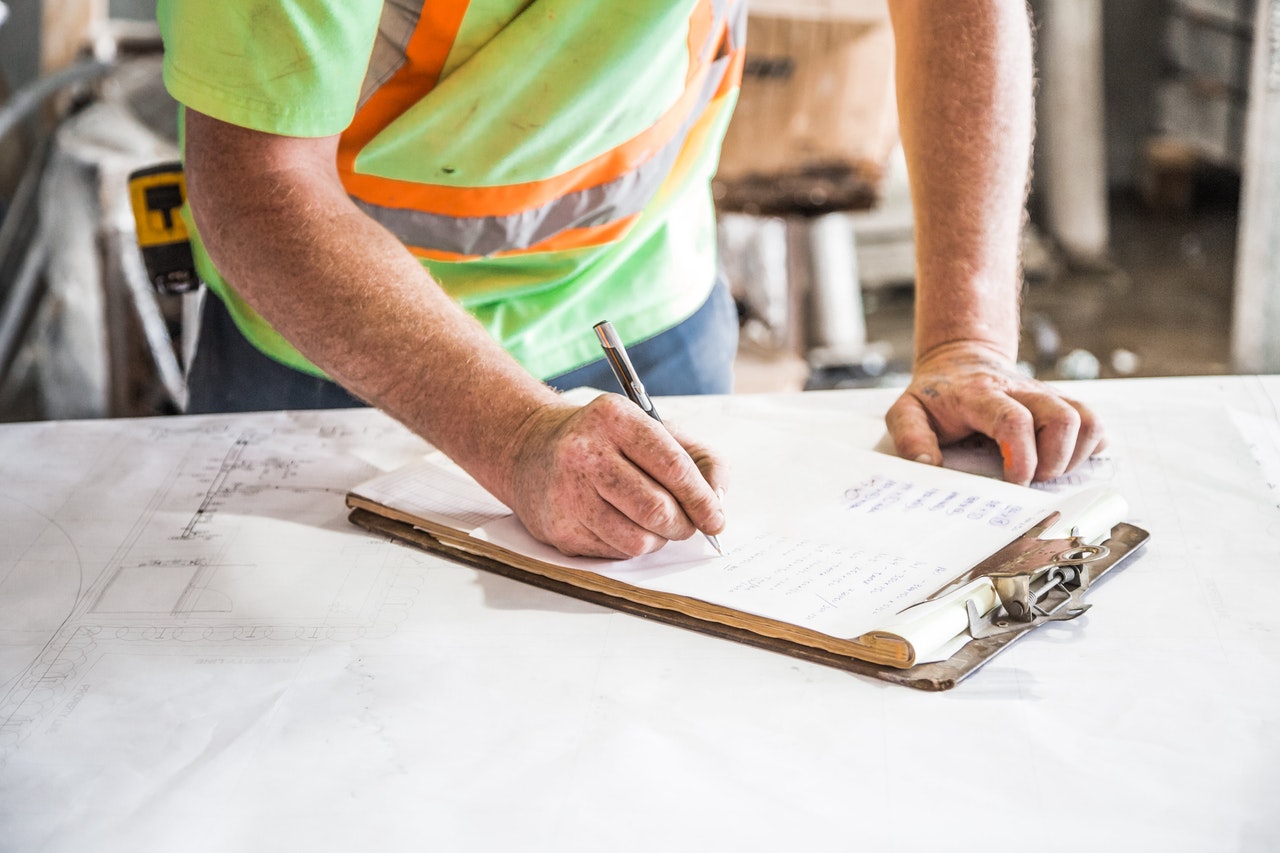At the start of 2020, the construction industry’s outlook had never been brighter. The early momentum of the United States economy served to boost the confidence of construction industry leaders. According to the Associated Builders and Contractors in mid-March, 72% of contractors expected to expand their staffing levels over the following six months, while more than 68% expected their sales levels to increase. Unfortunately, these expectations have halted because of the coronavirus outbreak.
The COVID-19 crisis has impacted construction projects worldwide in several ways, with numerous projects grinding to a halt. However, not all construction businesses have ceased operations for the time being. Several states in the U.S. have declared construction work as essential, and therefore will continue operations albeit in a limited capacity. Unfortunately, supply chain disruptions and a skeletal workforce are forcing project delays and stoppage.
The pandemic situation is continuously evolving. Many construction business owners have introduced several changes in their operations to adapt to the difficult circumstances. The implementation of social distancing, additional health and hygiene facilities, and remote work is essential to slowing down the spread of the virus.
As you deal with the impact of the coronavirus crisis on your operations, remember to do so with the mindset that you’re preparing for the recovery of your business. Here are some tips on how contractors can rise from the onslaught of COVID-19.
Evaluate Operational Risks and Short-Term Liquidity
Throughout the COVID-19 pandemic, your company will experience significant delays and disruptions due to the slowing down of the supply chain as well as the general shortage of labor.
At this point, you will need to assess your financial and operational risks and their impact on your overall margins. Because of the disruptions, you may be unable to fulfill your own obligations, so be proactive in renegotiating the terms of your contract if necessary. You should also consider alternative supply chain options, especially if your suppliers reside in areas that are severely impacted by the pandemic. If you source your materials overseas, especially in Asia, you may have to look for other options locally.
Many of the steps you need to take to counteract the impact of the crisis involve cash. For this reason, you need to assess your short-term liquidity and strictly monitor your cash flow. In particular, you need to focus on the management of your inventory (prolonged storage will incur proportional carry costs), as well as the collection of your pending receivables. If you’ve been diligent in filing your preliminary notices, you will have a better chance of collecting your invoices to support your COVID-19 crisis recovery.
Process
Contracts are the most powerful tool in a contractor’s arsenal, but only if they are done properly. The COVID-19 crisis has made the importance of every provision quite apparent. Unforeseen circumstances (force majeure) provisions, which are generally regarded as boilerplate clauses, have been at the forefront of discussions as many construction businesses have failed to fulfill obligations due to the pandemic. Depending on the language of a contract, these provisions can provide you with relief and more time to complete the job, or in some cases, void the contract altogether. Moving forward, this is a perfect opportunity for you to review your contract creation process and begin to negotiate contracts that address situations similar to this pandemic.
Prioritize Your Employees’ Safety
Construction business owners have always dealt with safety hazards on sites, but the pandemic is a completely different type of challenge. Understandably, there will be doubts among your employees about workplace safety that could affect their productivity.
Transitioning to the new normal is a challenge not just for you but for your employees as well. Your job is to explore any opportunities that can ease this transition. For instance, you can expand your work arrangements for non-field employees to include flexible options such as remote work. For field employees, you need to put measures in place to fight against infections, such as having more hygiene facilities and ensuring that social distancing protocols are followed. You may also need to revisit your employee leave policies and encourage workers with mild symptoms to take time off.
There’s no denying that the COVID-19 crisis has brought the global economy to its knees. No one knows when the pandemic will end and how businesses will recover. But if there’s anything that we have learned from previous economic crises, the construction industry is resilient. It may recover slowly, but it will always recover.

